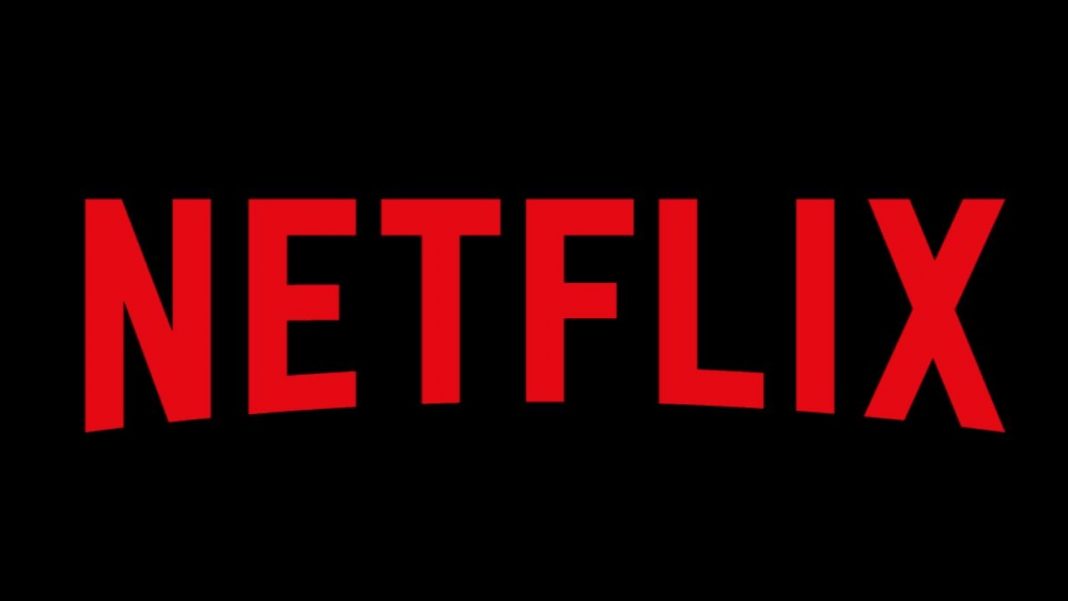As the entertainment industry grapples with the ongoing actors’ and writers’ strikes, Netflix has taken a unique approach by focusing on Artificial Intelligence (AI) and Machine Learning to bolster its operations. In a recent job listing, the streaming giant advertised a highly sought-after position for a Product Manager – Machine Learning Platform, offering an impressive salary range of $300,000 to $900,000. Additionally, another exciting opportunity for a Generative AI Technical Director role in its gaming studio comes with a jaw-dropping salary of up to $650,000. These moves by Netflix signal a shift towards integrating AI into various aspects of its business.
AI: A game-changer for Netflix
The Product Manager – Machine Learning Platform role will play a pivotal part in harnessing the power of AI to enhance Netflix’s services across the board. From refining content recommendations for users to making strategic decisions on content acquisition and creation, AI will be at the forefront of Netflix’s innovative approach. While some might wonder how AI fits into the realm of entertainment, it has immense potential to revolutionize the viewing experience, opening up new avenues for creativity and personalization.
Netflix’s strategic move towards embracing AI could set a precedent for the future of entertainment. While technology opens up exciting possibilities, it also raises important questions about the ethical use of AI in the creative realm.
ALSO READ: Netflix shelves basic membership plan in the US; Here’s what options remain for viewers
The Internet gives its opinion
As news of Netflix’s AI-focused job listings spreads, netizens are offering diverse opinions on the matter. Some are excited about the groundbreaking opportunities AI could bring to the streaming platform, anticipating a more personalized and immersive viewing experience. On the other hand, others express solidarity with the striking actors and writers, urging the industry to find a balanced approach that respects both human creativity and technological advancements.
Speaking of SAG-AFTRA strike, the actors’ strike, in particular, is driven by concerns over the rise of generative AI, which some fear could pose an existential threat to the livelihoods of actors. Duncan Crabtree-Ireland, the national executive director and chief negotiator of the actors union SAG-AFTRA, has expressed his reservations about AI’s potential impact on the industry. In the absence of concrete guidelines and safeguards, actors fear that AI might be used to create digital likenesses without proper compensation or ethical considerations.
As the strike continues and discussions on AI unfold, the entertainment world stands at a pivotal crossroads. The impact of AI on the industry remains uncertain, and the outcome of negotiations between studios and unions will shape the future of Hollywood. One thing is clear: Netflix’s bold step into the realm of AI and machine learning signals a turning point in the evolution of entertainment. The union’s fight to protect the interests of actors and writers against the potential onslaught of AI technology underscores the importance of finding a balanced approach.
While the strikes persist, the world watches with anticipation as Hollywood embraces technology and creativity to forge a new path forward.







